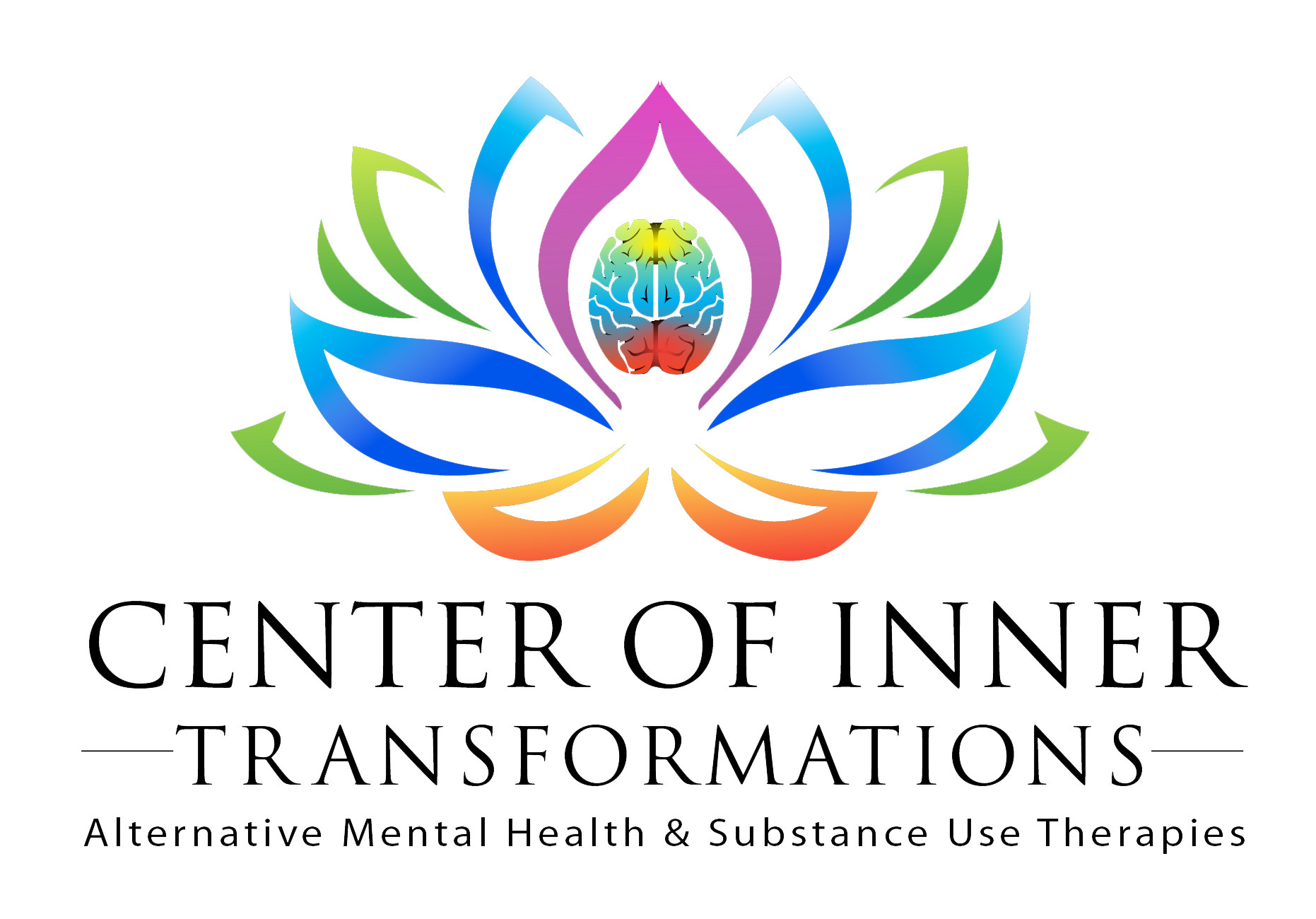Many individuals seek the support of psychotherapy or coaching at some point in their lives for many different reasons.
The assistance of a skilled and caring therapist/coach can have many benefits. While these benefits vary from person to person, just beginning the process of psychotherapy/coaching can help ease some of the isolation we all can feel when confronted with difficulties in our lives. Whether you are seeking assistance for your addiction, co-occurring mental health concerns, anxiety, depression or a history of trauma, un-managed stress and hardship of everyday life, or wish to become more accepting of yourself and others, I am here to help.
Psychotherapy can assist you with the following:
